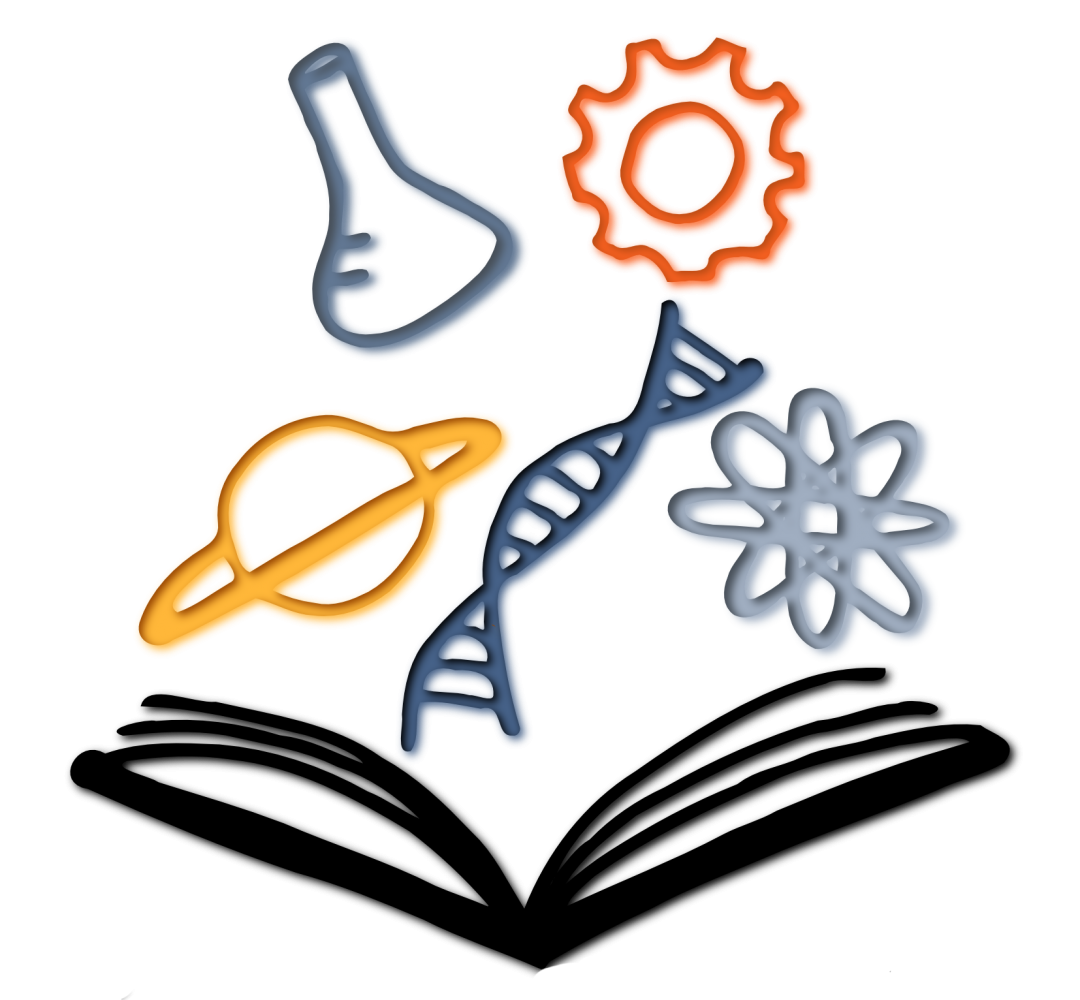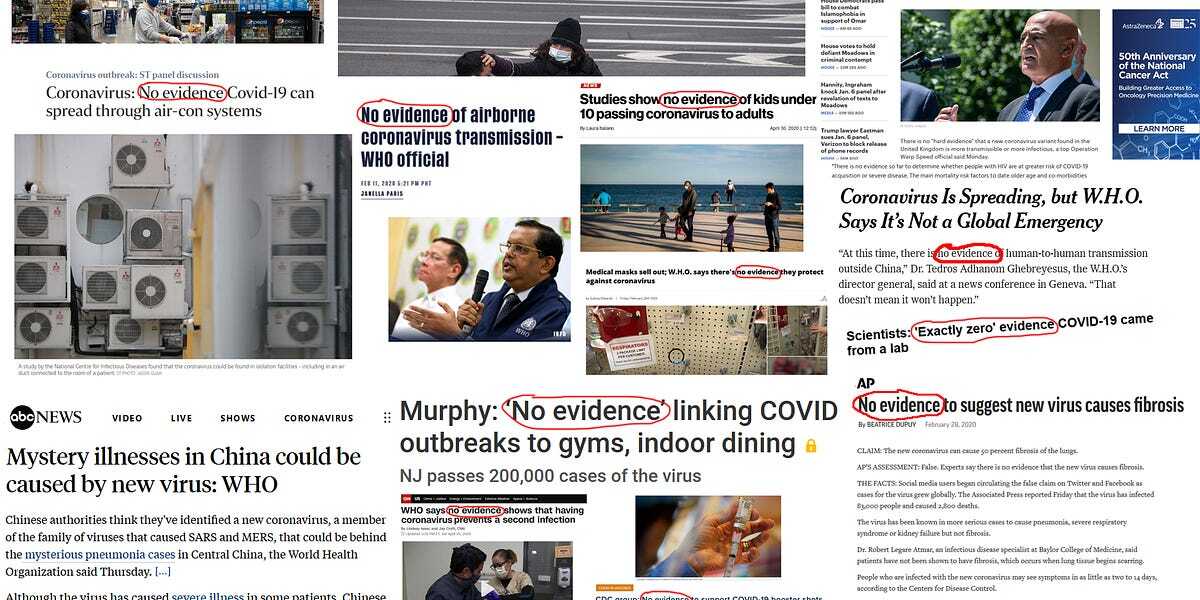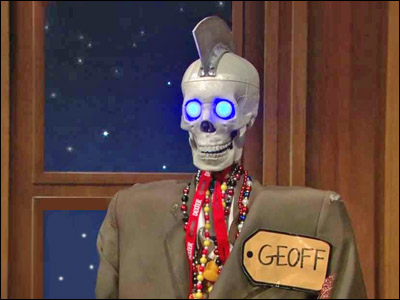Absence of evidence is not evidence of absence!
That depends on if you would expect evidence or not. If I go to the beach and there’s no evidence of whales, that doesn’t mean there’s no whales in the ocean. But, If there’s no evidence of an elephant in my living room then that’s pretty good evidence there’s no elephant in my living room.
Is it though? When is the last time you thoroughly checked your living room for elephants
The house hippos tend to keep the elephants at bay
You know damn well we didn’t find no WMDS!
That whole show is great, but that’s like the best 2-3 minutes of the show
But it is far more likely to be evidence of absence than evidence of presence.
It is also very likely to be evidence of: no one has gathered enough data yet
It’s also likely to be evidence that something can’t be patented, so nobody will pay for trials.
Is there “no evidence” that using a parachute helps prevent injuries when jumping out of planes? This was the conclusion of a cute paper in the BMJ, which pointed out that as far as they could tell, nobody had ever done a study proving parachutes helped. Their point was that “evidence” isn’t the same thing as “peer-reviewed journal articles”. So maybe we should stop demanding journal articles, and accept informal evidence as valid?
Is there “no evidence” for alien abductions? There are hundreds of people who say they’ve been abducted by aliens! By legal standards, hundreds of eyewitnesses is great evidence! If a hundred people say that Bob stabbed them, Bob is a serial stabber - or, even if you thought all hundred witnesses were lying, you certainly wouldn’t say the prosecution had “no evidence”! When we say “no evidence” here, we mean “no really strong evidence from scientists, worthy of a peer-reviewed journal article”. But this is the opposite problem as with the parachutes - here we should stop accepting informal evidence, and demand more scientific rigor.
But how do you make the case that these are different and warrant different treatment to John Q. Public? Because you’re basically saying that the anecdotes of regular people are of less value than the hunches of scientists. Do scientists have some epistemic privilege?
Obviously, they do. But John Q. Public is going to find that insulting and bad faith actors like all of Fox News is going to characterize scientists as liberal, technological elites that claim to know better than good ol’ hard workin’ Americans. That it is true is inconsequential.
By legal standards, hundreds of eyewitnesses is great evidence!
Actually no. Eyewitness is always one of the worst kinds of evidence, and quantity makes little difference. It remains very easy to argue that Bob just very closely resembles the killer. If we have actually good evidence of him being elsewhere that day, say he went to work and worked all day, maybe was on camera, clocked in and got paid, etc, then that would pretty soundly crush your hundreds of eyewitnesses.
Is there “no evidence” that using a parachute helps prevent injuries when jumping out of planes? This was the conclusion of a cute paper in the BMJ, which pointed out that as far as they could tell, nobody had ever done a study proving parachutes helped. Their point was that “evidence” isn’t the same thing as “peer-reviewed journal articles”. So maybe we should stop demanding journal articles, and accept informal evidence as valid?
Well…
OP link seems to be a personal blog.
As soon as I saw the 90s website and conspiracy level picture I closed the link without reading.
He’s a pretty well regarded blogger, and a qualified psychiatrist, https://en.wikipedia.org/wiki/Slate_Star_Codex
And he’s so proud of it that it was shut down when journalists “doxxed him” by saying what his real name was?
I googled him tho, and he’s not a researcher or has ever done anything notable than that long rambling blog, he was so proud of he shut it down when he found it would be associated with him.
Probably because of all the alt right bullshit and anti science shit he’s posted.
“It is the one place I know of online where you can have civil conversations among people with a wide range of views,” said David Friedman, an economist and legal scholar who was a regular part of the discussion. Fellow commenters on the site, he noted, represented a wide cross-section of viewpoints. “They range politically from communist to anarcho-capitalist, religiously from Catholic to atheist, and professionally from a literal rocket scientist to a literal plumber — both of whom are interesting people.”
The voices also included white supremacists and neo-fascists. The only people who struggled to be heard, Dr. Friedman said, were “social justice warriors.” They were considered a threat to one of the core beliefs driving the discussion: free speech.
https://www.nytimes.com/2021/02/13/technology/slate-star-codex-rationalists.html
He told alt right tech bros what they wanted to hear, and you think that qualifies him to speak for the scientific community?
He’s Joe Rogaine if he was smart enough to get a degree, but still dumb enough to rant about other shit he has no clue about
Fucking Ben Carlson is a pretty good comparison to this guy
I think the better term is ‘more study is needed’
This is a good article.
One of the dumbest things we’ve seen not just from science media but from media in general is this phrase “no evidence”
I have a rock here, and I claim that this rock will cause you to become a millionaire if you hold it.
So you start a double-blind study to prove it or disprove it.
Guess what? If your sample size is large enough, someone is going to become a millionaire by pure dumb luck. Whether you like it or not, that’s evidence. It’s poor evidence, it’s overwhemingly contradicted by more, better evidence, but guess what? There is evidence that holding the rock will cause you to become a millionaire!
It seems pedantic, but when people say there’s zero evidence for something, and exactly one evidence shows up, then that claim that there’s zero evidence is automatically refuted! Even if it’s something that everyone agrees is false.
Before you listen to anything that blog author has to say, you may want to learn about what kind of shit he posts on that blog…
https://www.nytimes.com/2021/02/13/technology/slate-star-codex-rationalists.html
Hint: it’s a safe space for silicon valley alt right tech bros.
Whatever his personal politics may be, there’s nothing wrong in what this article has to say.
Nah, I don’t see much value in criticisms about science from the alt right…
Pretty popular common position, so likely why this one freaked out so much when potential patients would Google him, this blog would show up.
I’m surprised he still has a license to practice
Generally, I would agree with this statement:
Nah, I don’t see much value in criticisms about science from the alt right…
but… the author is criticizing how science is reported, not science itself. He’s done (and is probably continuing to do) some pretty unethical things, but this article seems reasonable, and raises a valid point.
Plus, he’s not just whining or throwing a tantrum like some pundit. He offers a solution:
Okay, but then what? “No Evidence That Snake Oil Works” is the bread and butter of science journalism. How do you express that concept without falling into the “no evidence” trap?
I think you have to go back to the basics of journalism: what story are you trying to cover?
If the story is that nobody has ever investigated snake oil, and you have no strong opinion on it, and for some reason that’s newsworthy, use the words “either way”: “No Evidence Either Way About Whether Snake Oil Works”.
If the story is that all the world’s top doctors and scientists believe snake oil doesn’t work, then say so. “Scientists: Snake Oil Doesn’t Work”. This doesn’t have the same faux objectivity as “No Evidence Snake Oil Works”. It centers the belief in fallible scientists, as opposed to the much more convincing claim that there is literally not a single piece of evidence anywhere in the world that anyone could use in favor of snake oil. Maybe it would sound less authoritative. Breaking an addiction to false certainty is as hard as breaking any other addiction. But the first step is admitting you have a problem.
He’s advocating for greater accuracy and clarity. That’s not something that charlatans typically do. If the “fallible scientists” bit bothers you, well, it’s only the truth. Scientists are just as human as the rest of us. That’s why peer review exists.
Rationalists are weird and not nearly as smart as they think they are. But “alt-right” they are not, and that article was completely ridiculous.
The rationalist community is kind of bizarre and definitely has its share of big problems (see x/acc and Sam Bankman-Fried). But they’re not some hate-spewing fascists, and treating them as pariahs on the basis of a few deliberately decontextualized quotes hardly seems fair.






